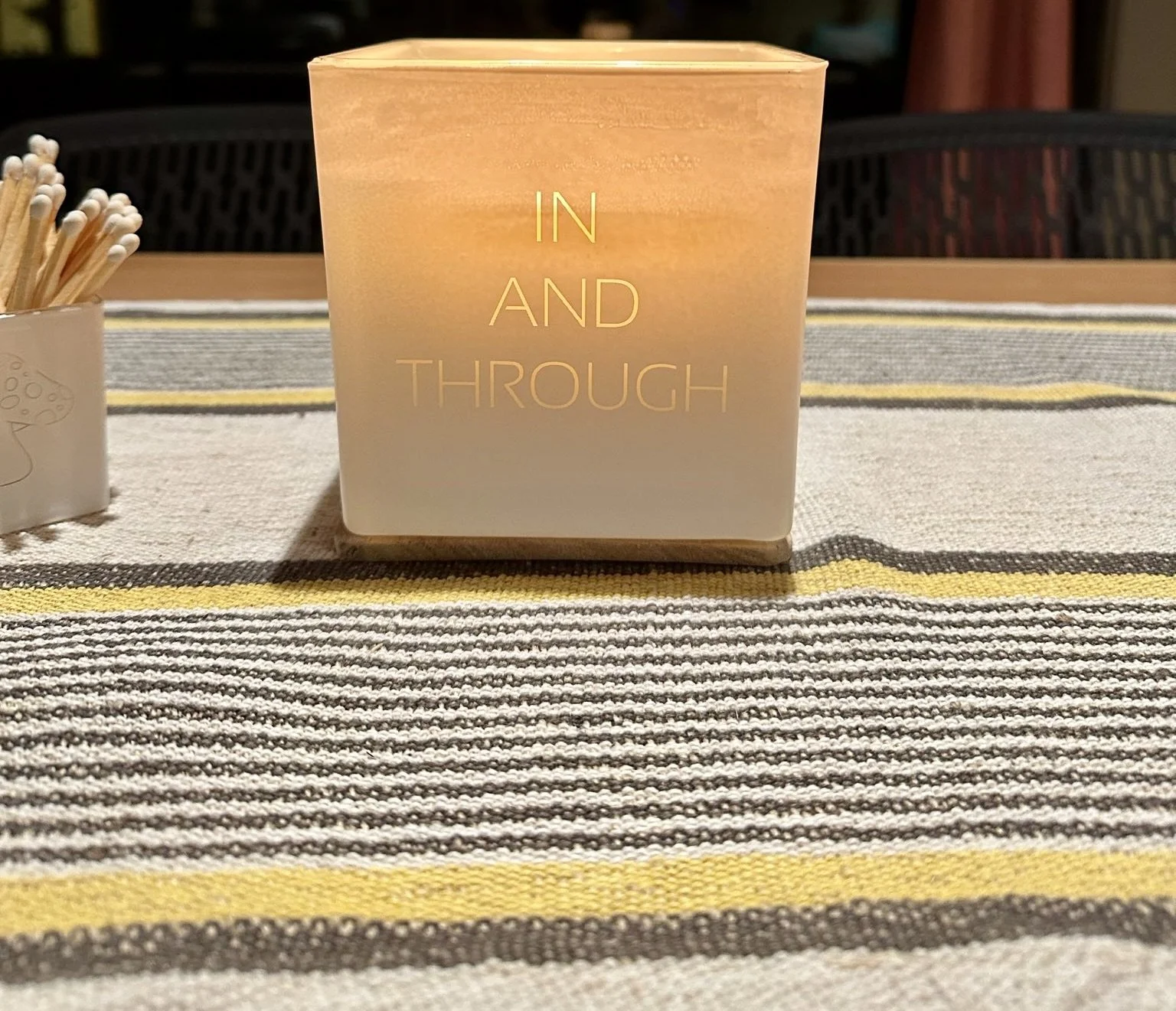



FAQs
What do you specialize in?
I provide 1:1 therapy, individual and group retreats, ketamine-assisted therapy, and psychedelic integration.
I work with people who are ready for more in life - whether you’re leading a company, raising a family, or simply someone who knows there’s something greater waiting for you. My goal is simple: I want to help you feel your best, step into what you truly desire, and savor being fully present in your life.
How long are sessions, and how long will I need to see you?
Sessions are generally 50 minutes once a week, though occasionally longer sessions or retreats are helpful for more intensive work. The overall length of therapy varies depending on your goals and needs. Many clients start with at least 6 sessions to establish a foundation, with the average being around 6 months or more. In your first session, we’ll explore what feels most supportive for you.
What are my options for scheduling and meeting?
I offer both in-person sessions in Mill Valley and virtual sessions via Zoom. If you need to reschedule, I kindly ask for at least 72 hours’ notice.
What should I know about payment and insurance?
I accept credit cards, HSA/FSA cards, and Venmo. I’m considered an out-of-network provider, which means I don’t bill insurance directly. I encourage all my clients to speak with their insurance company about reimbursement. I also provide you with a monthly receipt for services called a “superbill” for this purpose.
What are your group and individual retreats like?
Retreats are a chance to step out of daily life and reconnect with yourself in a powerfully transformative way. Most often we gather in Northern California’s natural beauty, though we’ve also hosted in Costa Rica. We’re an easygoing team of practitioners, and we genuinely love people, bringing warmth, humor, and care to every retreat.
One of the most beautiful aspects of group healing work is the sense of connection it fosters. It’s also a more cost-effective option than individual treatments, allowing more people to access it and benefit from its healing potential.
If you’re interested in learning more about our group retreats, click here.
My individual retreats are designed for those who feel called to deep personal growth in a private, nurturing setting. Each retreat is tailored to your preferences - we’ll co-create an experience that aligns with your intentions and supports your comfort every step of the way. I often travel to meet clients, whether in the US or internationally, so your retreat can unfold in the place that feels the most restorative for you. If this speaks to you, I invite you to reach out here to begin the conversation.
Are psychedelics legal?
The legal status of substances like psilocybin, ketamine, and MDMA varies depending on location. I only offer therapies that are legal and safely practiced within the framework of state and federal guidelines.
Are psychedelics safe? What are some of the benefits?
When used thoughtfully in the right setting and with a qualified practitioner, psychedelics can be a profound support for personal growth. They are not for everyone and can be used carelessly or with unrealistic expectations. I encourage a consultation to explore whether this path is right for you.
Research shows that psychedelics can support creativity, emotional healing, spiritual connection, neuroplasticity, and long-lasting growth. In many cases, they act as remarkable catalysts for change. Clinical studies have found long-term reductions in depression, anxiety, and PTSD symptoms - particularly when other treatments haven’t been effective. Many people report an increased ability to embrace new ideas, shift unhealthy thought patterns, and experience sustained improvements in their mental health.
While not a “cure-all,” when paired with therapy and careful integration, psychedelics can be powerful tools for transformation.
How do I handle challenging experiences?
Psychedelic journeys can sometimes feel uncomfortable or intense, but these experiences are rarely “bad.” Often, they bring the most meaningful insights. Discomfort in the moment can be a sign that you are exactly where you need to be - facing an aspect of yourself that wants to be seen, felt, and integrated, ultimately leaving you feeling more whole.
What is integration?
Integration ensures that the insights gained during a journey translate into lasting change. It’s an ongoing process of noticing what arises in our sessions and retreats and then weaving that wisdom into your everyday life. Integration is the art of paying attention to the choices we make and moving through life with new awareness. My guiding mantra for this process is simple: small, sweet steps.
If you’re ready to learn more, I invite you to contact me. I’m always happy to answer any questions!
